Does Windshield Wiper Fluid Expire? [Reasons Explained]
One of those auto maintenance necessities that we frequently take for granted is windshield wiper fluid. When it gets low, we fill it up and don’t give it any thought until we need to use it again.
However, most of the time, you probably haven’t used up a whole bottle of windshield washer fluid, which makes you question whether you might utilize any that has been sitting in your garage for a while. It leads to your question, does windshield wiper fluid expire? This article will help you in this regard.
What is Windshield Wiper Fluid?
Windshield wiper fluid, commonly known as washer fluid or wiper fluid, is a cleaning solution used in vehicles to enhance visibility. Stored in a reservoir under the hood, this fluid is dispensed onto the windshield when drivers encounter dirt, bugs, or other obstructions that hinder clear viewing.
Typically a mixture of water, methanol, and various detergents, it’s formulated to quickly break down and remove grime without leaving streaks. In colder climates, the fluid often includes antifreeze components to prevent freezing on the windshield or within its reservoir. Using the appropriate wiper fluid is crucial not just for clear vision, but also for safety, as a clear windshield is fundamental for safe driving.
It’s advisable to check the fluid level regularly and refill when necessary, ensuring that you always have an effective solution ready for any on-road challenges.
Does Windshield Wiper Fluid Expire?
Windshield wiper fluid doesn’t possess a strict expiration date, but its potency and effectiveness aren’t indefinite. With the passage of time and exposure to fluctuating temperatures or prolonged sunlight, its integral components can start to degrade.
This isn’t just about the fluid’s primary solvents; even the specialized ingredients, like detergents designed to tackle tough grime, or the additives meant to prevent freezing in colder climates, can lose their efficacy.
Moreover, containers that aren’t properly sealed might allow contaminants — from dirt particles to moisture — to seep in, potentially diluting the fluid or introducing elements that diminish its performance.
A discerning user should always inspect older fluid both visually and through a sniff test. Telltale signs like discoloration, layer separation, or an odd odor suggest it may no longer be at its best. Even though aged fluid might not pose direct harm to a vehicle, relying on a subpar product can risk reduced visibility.
Especially in challenging driving conditions, like heavy rain or snow, the performance of the wiper fluid can be the difference between clear sightlines and potential road hazards. For optimal safety, it’s advisable to ensure the wiper fluid in use is fresh and of high quality.
When to Change Windshield Wiper Fluid?
This fluid, vital for optimal visibility, doesn’t have a strict replacement schedule, but certain signs indicate it’s time. A distinct odor, possible contamination, or fluid discoloration can be indicators.
Moreover, seasonal shifts might necessitate specific fluid types, such as those with anti-freeze properties in colder months. Regular inspection, especially if the fluid remains unused for lengthy durations, ensures that contaminants or separation haven’t compromised its quality. Keeping the fluid fresh is a proactive approach to safe driving, ensuring clarity even in challenging conditions.
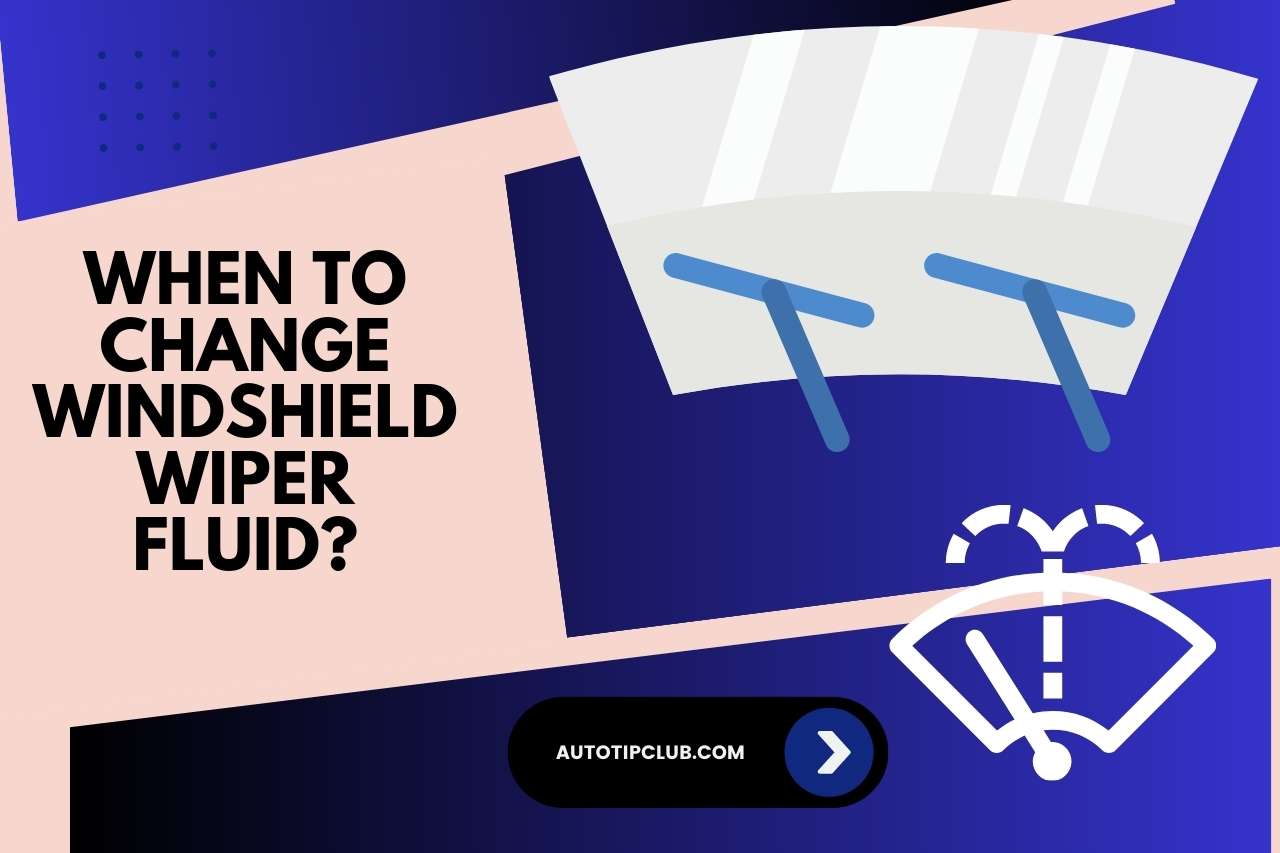


What are the Symptoms of Expired Windshield Wiper Fluid?
Here are a few signs About Expired Windshield Wiper Fluid,
-
Lumps in the Wiper Fluid
Lumpiness in the fluid is one of the most evident symptoms. It’s advisable to throw away the fluid and acquire a new one if it has already begun to split into distinct layers.
- Reduced Cleaning Ability
If the fluid doesn’t clear away dirt, grime, or bugs as effectively as before, its cleaning agents may have deteriorated over time.
- Freezing or Boiling Issues
If the fluid freezes in conditions it typically wouldn’t or seems to evaporate faster than usual, the additives might have lost their efficacy.
-
Colour Change
A change in hue is yet another factor you should watch out for. The fluid has already expired if it has become cloudy or darker than usual. And, the fluid has a dark tint due to the collection of dirt and particles.
-
Smells Bad
The fluid is no longer safe if it has a terrible odor. The development of germs in the fluid typically causes an unpleasant odor.
How Often Should You Refill the Windshield Washer Fluid?
The frequency of refilling windshield washer fluid depends on usage and weather conditions. We recommend checking the fluid level regularly and topping it off when needed, especially before long trips.
In regions with heavy road salt or dirt, more frequent refills may be necessary. Additionally, during seasons with increased precipitation or when driving in dusty conditions, regular checks ensure a consistently clear windshield.
A proactive approach to refilling, based on individual driving patterns and environmental factors, ensures the windshield washer system remains effective, promoting optimal visibility and safe driving.
Is it Okay to use Expired Windshield Wiper Fluid?
We do not recommend using expired windshield wiper fluid. Over time, the chemicals and additives in the windshield fluid break down, leading to a loss of effectiveness.
In addition, expired wiper fluid may not provide sufficient cleaning, could damage the wiper system, or freeze in colder temperatures. It’s crucial to adhere to the product’s expiration date, ensuring optimal performance and visibility.
Regularly replacing wiper fluid with a fresh, unexpired product helps maintain windshield clarity and protects the wiper system from potential issues caused by degraded or ineffective fluid.
How to Dispose of Old Windshield Wiper Fluid?
To properly dispose of old windshield wiper fluid, it’s essential not to pour it into drains, toilets, or directly onto the ground, as its chemicals can harm water sources and ecosystems. Instead, transfer the fluid into a sealable container and take it to a local hazardous waste collection facility or event. Many auto parts stores or service stations also offer disposal services for automotive fluids.
It’s always advisable to check local regulations and guidelines for specific disposal methods. By ensuring proper disposal, you safeguard the environment and adhere to safety protocols.
How Do You Store Windshield Washer Fluid?
Storing windshield washer fluid requires a cool, dry place away from direct sunlight to maintain its chemical integrity. Ensure the container’s cap is tightly sealed to prevent evaporation and contamination.
If transferring to another container, use one made of a material compatible with the fluid, typically plastic, and clearly label it to avoid confusion. Avoid areas where the fluid could freeze, especially if it’s not an anti-freeze variant. Regularly check the stored fluid for signs of separation or discoloration before use to ensure optimal performance when needed.
Can You Mix Old and New Windshield Wiper Fluid?
Mixing old and new windshield wiper fluid is generally acceptable. When combining them, ensure both fluids are compatible in terms of their properties, like anti-freeze capabilities.
However, if the older fluid displays signs of separation, unusual odor, or discoloration, it’s best to dispose of it properly and avoid mixing. For optimal windshield cleaning performance and to ensure the safety of your vehicle’s components, always prioritize using fresh, high-quality fluid when possible.
Final Thought
It takes a while for windshield wiper fluid to deteriorate, and only under specific circumstances. The fluid may often be utilized for years after the written expiry date, even if the fluid has one.
The windshield washer fluid container will be safe even after its expiration date if left unopened. They can even get opened as long as no lumps form. You should be worried if lumps are already present and the expiry date has passed.
Here’s An Interesting Video To Watch,
VIDEO CREDITS: Family Handyman YouTube Channel
Similar Articles to Explore



My name is Robot McCullum, and I’m an Automotive Engineer with 20+ years of experience in the automotive field. I’ll give you step-by-step instructions for recognizing and fixing complicated technical problems in an uncomplicated manner. www.AutoTipClub.com, is your best resource for in-depth tutorials, insightful tips, and practical advice designed and developed either for seasoned vehicle collectors or daily drivers.

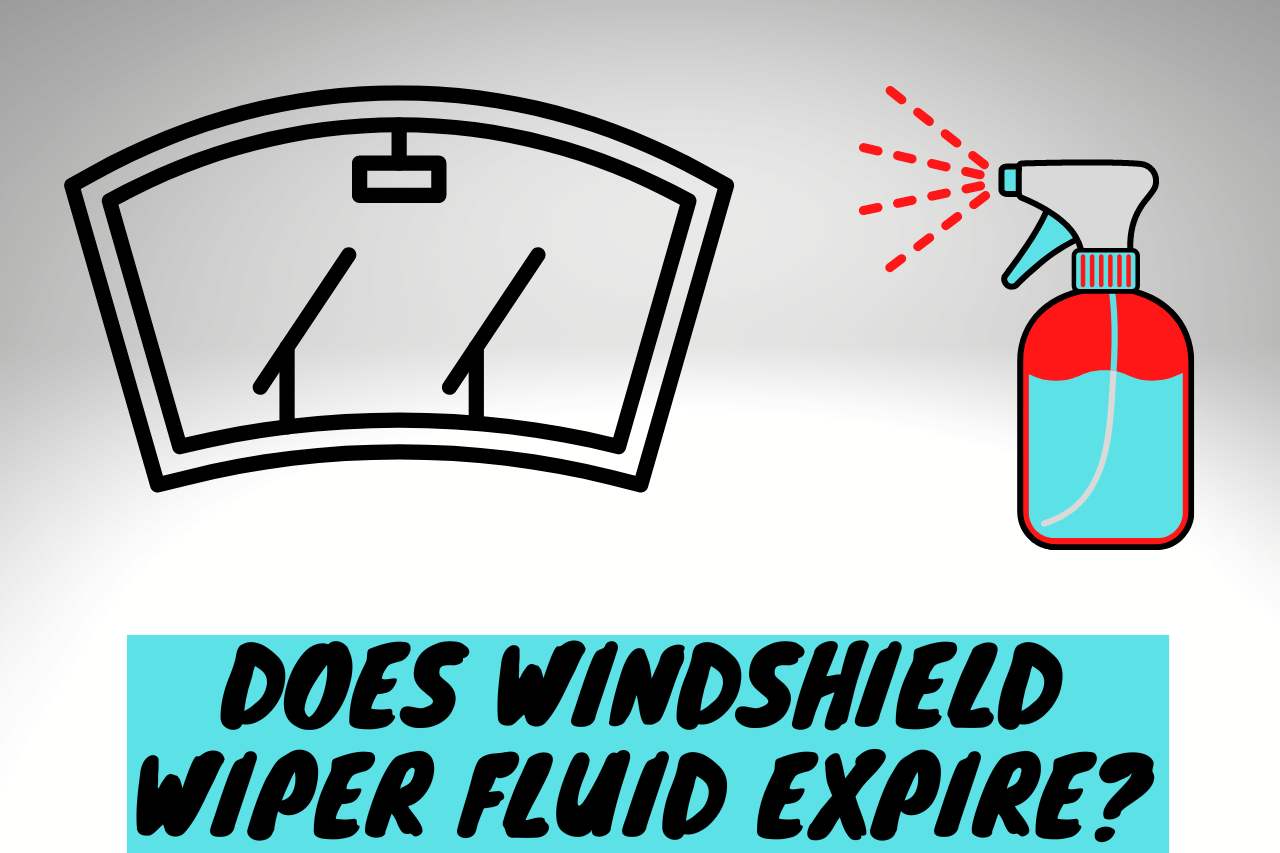

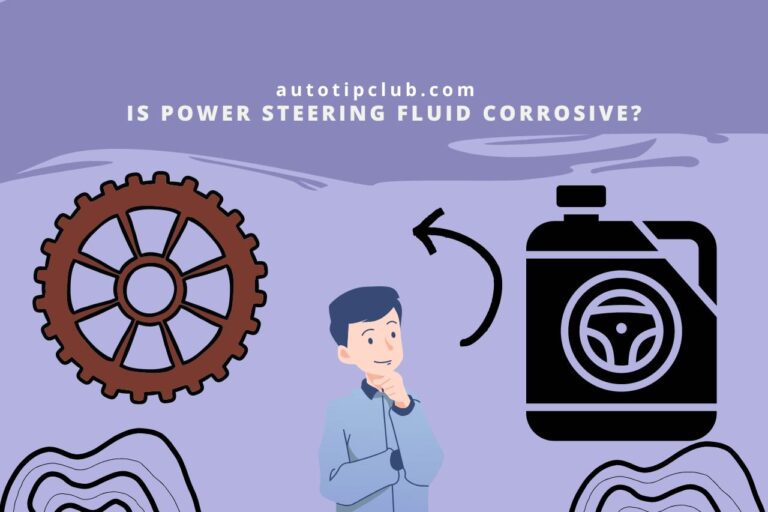
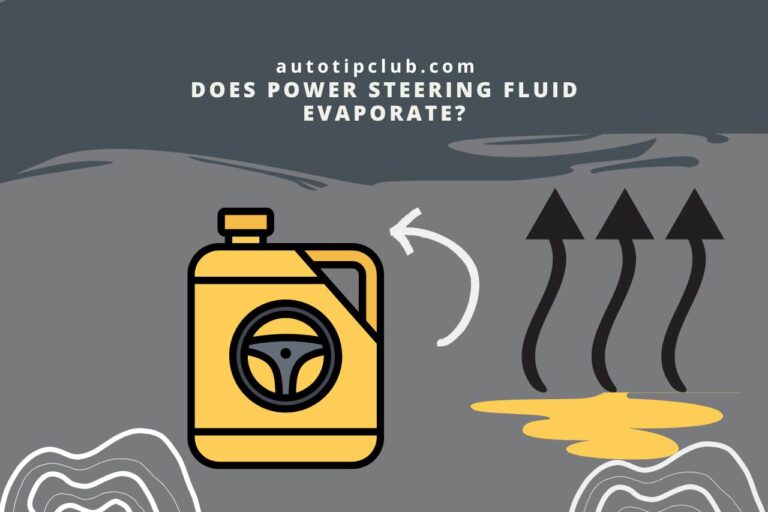
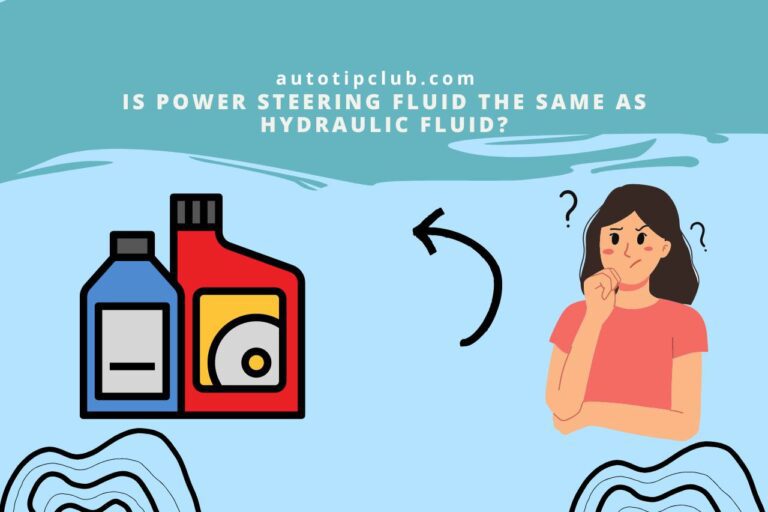
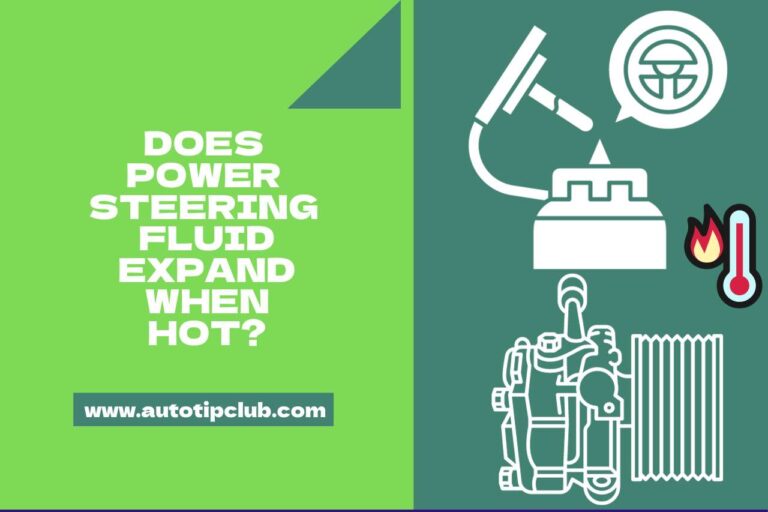
![Oil Light Comes on When Braking? [Causes and Fixes]](https://autotipclub.com/wp-content/uploads/2023/04/oil-light-comes-on-when-braking-768x512.jpg)